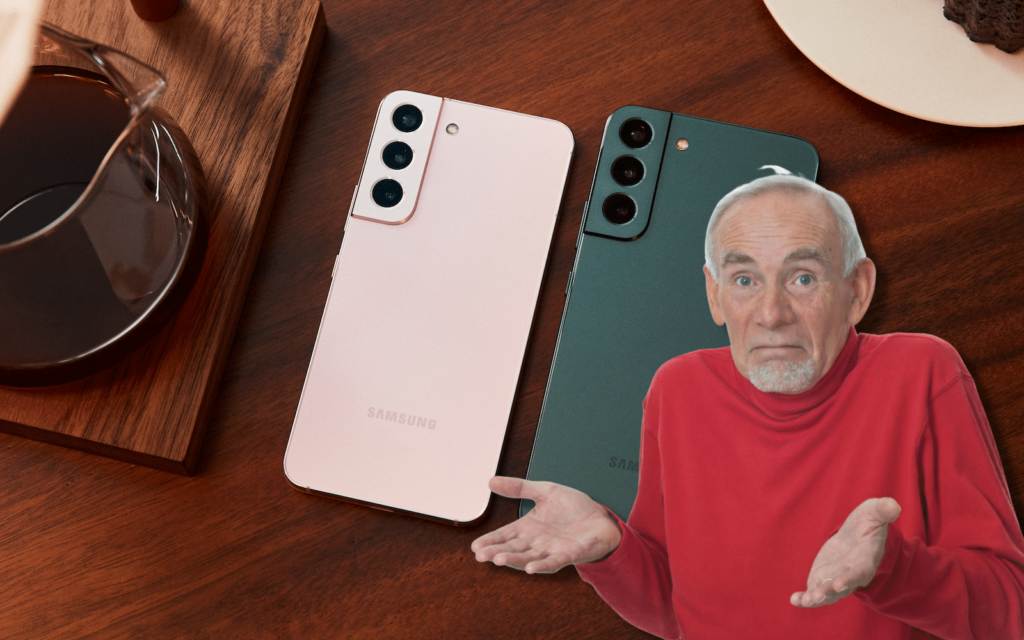Last week, Samsung was spotted doing a… not very nice thing on its newer Galaxy smartphones. An application called Game Optimising Service (GOS) was found to be slowing down apps. Loads of apps. 10,000 of them, in fact. But not a single one of those apps was a benchmarking program. Weird, that.
Like OnePlus in 2021, which did something very similar, our first thought was that Samsung was attempting to lengthen battery performance. Limiting apps is a great way to do this, but it means that your phone isn’t performing as advertised. Keeping it a secret… well, that’s pretty unethical.
Samsung responds
Last week, the South Korean company said it was working on an official response to GOS’ behaviour. That has turned up, via a statement to The Verge. Samsung spokesperson Kelly Yeo told the publication, “We value the feedback we receive about our products and after careful consideration, we plan to roll out a software update soon so users can control the performance while running game apps.”
“Our priority is to deliver the best mobile experience for consumers. The Game Optimising Service (GOS) has been designed to help game apps achieve a [sic] great performance while managing device temperature effectively. GOS does not manage the performance of non-gaming apps.”
Press X to Doubt
 Samsung’s statement is just that — a statement. It doesn’t address the very real fact that there’s a list of 10,000 apps in GOS. Of those, 3,200 are games. The rest are there to… bulk out the file? Unlikely. They’re built into the app because the optimiser is making changes. And there’s no addressing the fact that no benchmarking apps were included on the app’s internal list, at all.
Samsung’s statement is just that — a statement. It doesn’t address the very real fact that there’s a list of 10,000 apps in GOS. Of those, 3,200 are games. The rest are there to… bulk out the file? Unlikely. They’re built into the app because the optimiser is making changes. And there’s no addressing the fact that no benchmarking apps were included on the app’s internal list, at all.
The company, weirdly, doesn’t make any mention of the battery being the reason for the optimisation app’s existence. Instead, its purpose is to provide “…great performance while managing device temperature effectively”. This is a big enough deal that thousands of apps need to be regulated without telling anyone. But now that word is out, an update is all that is needed to allow users to “…control the performance while running game apps”. In other words, limiting app performance for heat reasons wasn’t essential in the first place.
As Ars Technica points out, patching in the ability to make your phone hotter is strange. Either the phone’s heat profile can handle normal processor performance or it can’t. If performance was limited for heat reasons, removing that limit makes no sense at all. If performance was limited for battery life reasons, that makes a little more sense. But that’s not what Samsung has said here.
It looks extremely likely that this throttling behaviour was Samsung attempting to up the performance of its phones in benchmarks while scaling back speeds in other areas. This would allow them to claim the speeds it does, but not have to deal with the resulting thermal management. It’ll be interesting to see how affected phones perform once Samsung releases an update. No, not that update. Another update.




